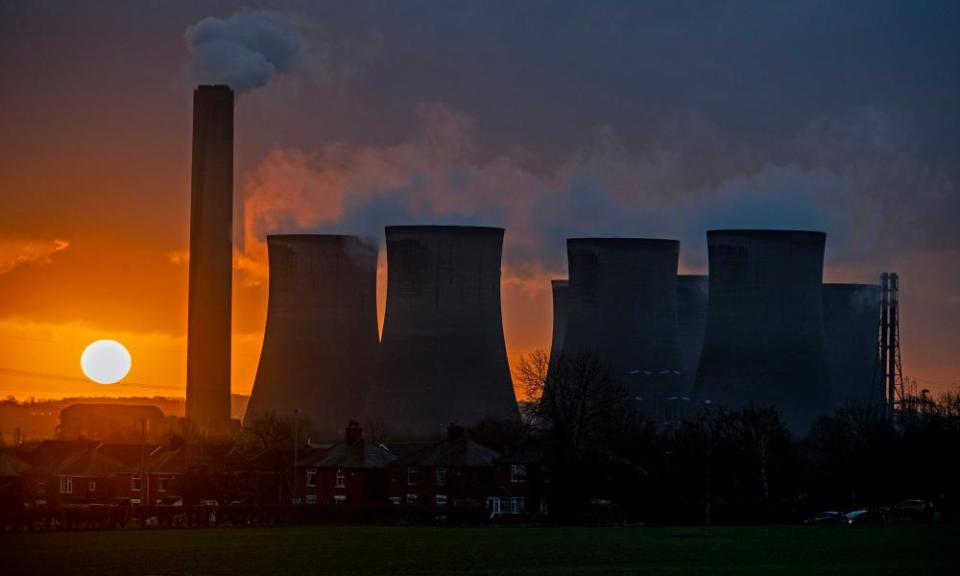This energy price crisis could have been avoided

Perhaps the simplest yet most effective measure that the government could take to minimise the impact of rising wholesale gas prices on the “fuel poor” would be to make illegal the inclusion of standing charges in domestic energy bills (Kwarteng to hold emergency meeting with gas chiefs over price crisis, 19 September).
Standing charges are levied by most energy companies, usually varying between £50 and £100 annually. Supposedly, they reflect the costs of supply overheads, including pipework and cabling, common to all households irrespective of consumption levels. But why separate out these costs? Oil companies have similar distribution overheads to energy companies, yet we don’t pay a standing charge when filling up the car.
Standing charges have a major discriminatory and financially harmful impact on millions of lower-use or energy-efficient domestic consumers.
I suggest that all households pay just one set unit rate for each of their energy sources. Standing charges, and any similar price differential arrangements, should be banned.
Neil Hornsby
Inverness
• Fiona Harvey (Government should have moved earlier to low-carbon, say industry experts, 21 September) notes that the energy crisis could have been reduced if more had been done to shift the UK market towards renewables. One renewable that never seems to be mentioned is tidal power, harnessing the change in water levels that take place regularly during the day. The UK has some of the highest tides in the world, and it seems perverse not to take advantage of them.
The Swansea Bay tidal lagoon project was turned down in 2018 on the grounds that it did not demonstrate value for money. The Swansea Bay scheme was projected to produce 320 megawatts annually, for a cost of £1.3bn – compare this with Hinkley Point, which is projected to cost £23bn for 3,200MW. This works out at nearly twice the cost per megawatt of the tidal project.
This government is committed to more wind- and solar-generated electricity, yet these are intermittent. If governments across the world finally move towards mitigating climate change, less energy in the atmosphere will mean reduced winds, and reduced wind-generated energy. Tides will be unaffected. Perhaps someone could explain why tidal schemes don’t figure in green energy generation plans.
Ken Vines
Horrabridge, Devon
• Nils Pratley (Kwarteng’s energy crisis assurance ignores cost of small suppliers failing, 20 September) is right about small energy suppliers and their market vulnerability. I was reminded of my local council’s enthusiasm a few years ago for setting up its own energy company via one of these small, ostensibly cheaper providers. That company lasted until September last year and everyone on its books ended up back with one of the big six. Cheaper energy comes at a price, usually poor management and pitiable capitalisation. Now it looks like the taxpayer will be bailing this latest lot out.
Colin Schofield
London
• The energy shortages are a result of the premature closure of coal-fired stations that acted as back-ups. By all means, bring on the renewables, but keep the coal-fired stations in reserve – an example being the iconic Fiddlers Ferry at Warrington.
John Barstow
Pulborough, West Sussex
• The government says not to worry, the lights won’t go out this winter. Time to buy candles.
Barry Tighe
Woodford Green, London
• Have an opinion on anything you’ve read in the Guardian today? Please email us your letter and it will be considered for publication.

 Yahoo Finance
Yahoo Finance 